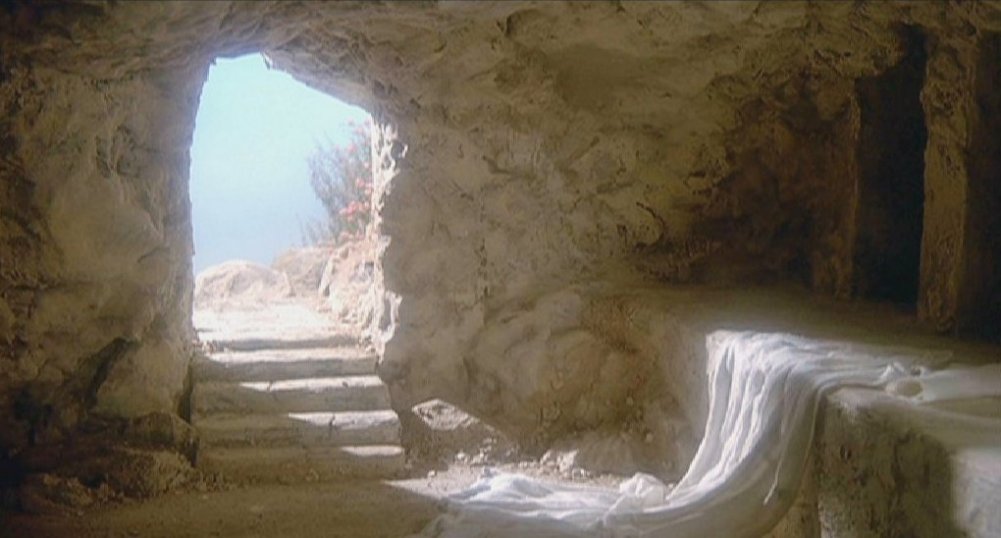Easter is more than one Sunday; it’s a season in the Christian liturgical year. Jesus walked on the Earth, teaching His disciples for 40 days after the resurrection. The seven Sunday’s of Easter offer us a time to reflect upon the meaning of the resurrection, the future ministry of the Church, and the eschatological consummation of redemption.
During the past week, I have been reflecting on the significance of the resurrection. My father’s birthday was this past week. He would have been 77 years old. But he died at the age of 70. This week I visited the graves of two friends. One was a great pastor; and the other was a great teacher. Pastor Joe Q. Smith was my friend for two decades. Professor Thomas Wilson was my teacher in the early 1980s. Both have gone to be with the Lord.
As I stood at their graves many thoughts came to mind. First, was the impersonal “coldness” of the grave. After all, a grave is little more than granite and grass. As I touched the granite headstone I was reminded that death is hard and cold. Second, the graves of my friends reminded me of their absence. Not just that they are no longer alive and with us in this world; but also that to be absent from the body is to be at home with the Lord (2 Corinthians 5:8).
The greatest fear and temptation we face is death. It is the awful coldness of death that challenges our faith. Paul wrote,
Therefore, being always of good courage, and knowing that while we are at home in the body we are absent from the Lord— for we walk by faith, not by sight— we are of good courage, I say, and prefer rather to be absent from the body and to be at home with the Lord. Therefore we also have as our ambition, whether at home or absent, to be pleasing to Him. For we must all appear before the judgment seat of Christ, so that each one may be recompensed for his deeds in the body, according to what he has done, whether good or bad (2 Corinthians 5:6-10).
As I walked through the cemeteries this past week, I walked by faith. All I could see was granite and grass. All I could feel was a sense of absence. But by faith I placed my confidence in Jesus Christ and I was made aware that my friends were in the presence of the resurrected Lord.
On that first Easter, when the stone was rolled away from the tomb of Jesus, the risen Lord “put an end to the agony of death” (Acts 2:24). The cold stone gave way to the power of eternal life; the darkness of the grave gave way to the Light of the world! Because of the resurrection of Christ the grave is not the “final resting place,” but a door that opens to the New Heavens and New Earth.

